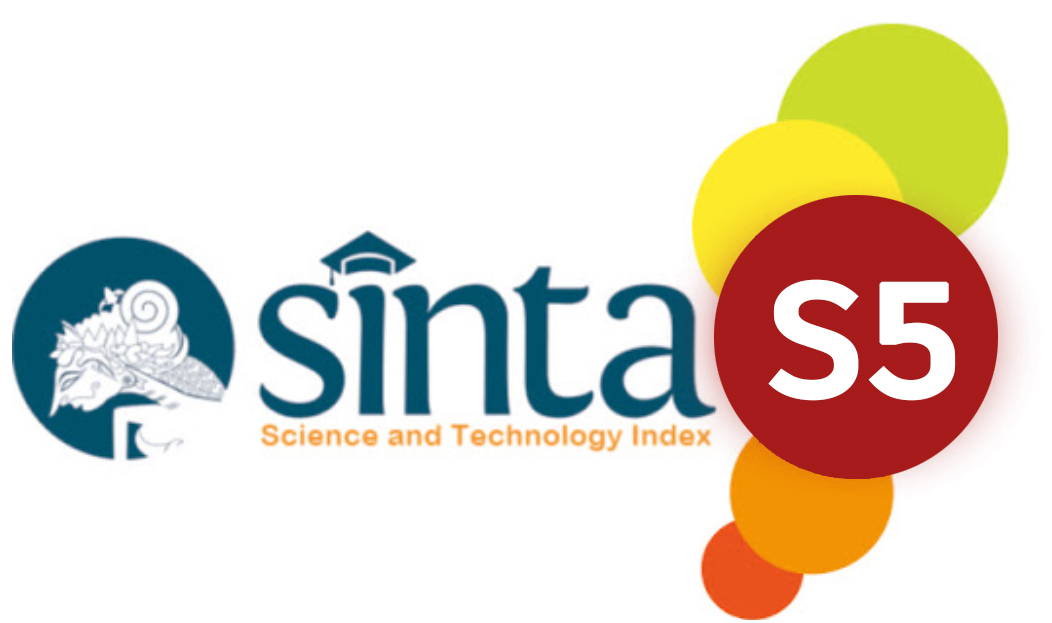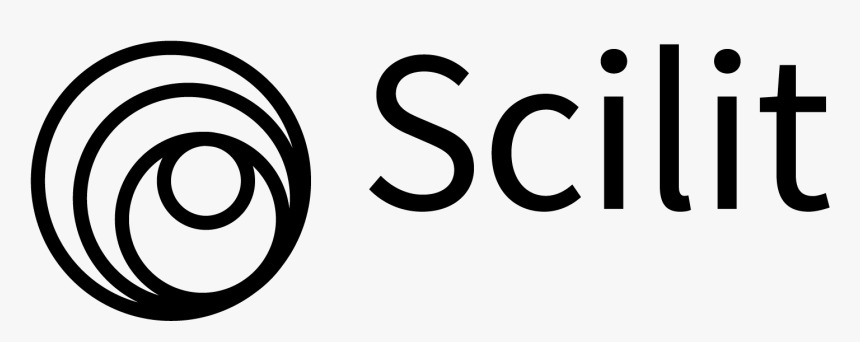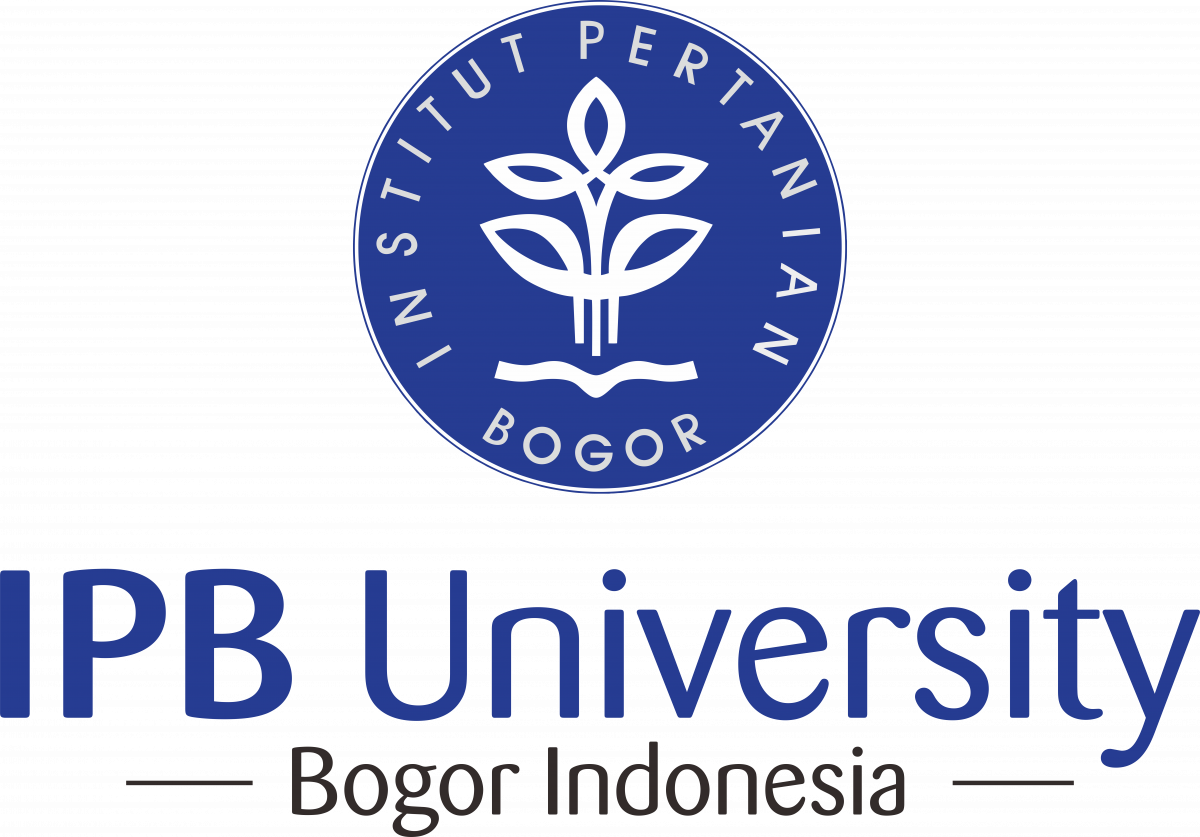Sprague Dawley Rat Spermatozoa Quality Due to Bee Pollen Consumption
Abstract
Bee Pollen is a food that has a complete nutritional content including as a source of steroid hormones, helping to improve concentration and brain performance. This study aims to determine the effect of bee pollen on the sperm quality of male rats. Administering 1 ml of water as control (-), 1 ml/kg of Eurycoma longifolia capsule as control (+), 1 ml/kg of nano bee pollen, and bee pollen with concentrations of 0.33 ml/kg, 0.66 ml/kg, 1 ml/kg, and 1.33 ml/kg 34 times in Sprague Dawley male white rats. The mice were then operated on and examined for testicular weight, epididymal weight, sperm pH, sperm motility, sperm concentration, and sperm abnormalities. The results showed that bee pollen and nano bee pollen did not significantly affect the quality of rat spermatozoa. In examining the testicular weight of rats, 0.33 ml/kg of bee pollen had an average testicular weight greater than the control group. For sperm weight and pH of the rat epididymis, the administration of bee pollen showed the average weight and pH were lower than the control. In the examination of sperm motility, 0.33 ml of bee pollen had a higher percentage than the control, while 1 ml of nano bee pollen had the lowest percentage of motility. The results of the concentration and abnormalities of rat spermatozoa from a dose of 1 ml/kg of bee pollen had an average sperm count higher than the control which was 2,129.7 million/ml and the lowest percentage of sperm abnormalities was 8.73%.
Copyright (c) 2022 Akhmad Endang Zainal Hasan, Moerfiah Moerfiah, Septa Fitri Handayani, Septa Fitri Handayani

This work is licensed under a Creative Commons Attribution-ShareAlike 4.0 International License.












